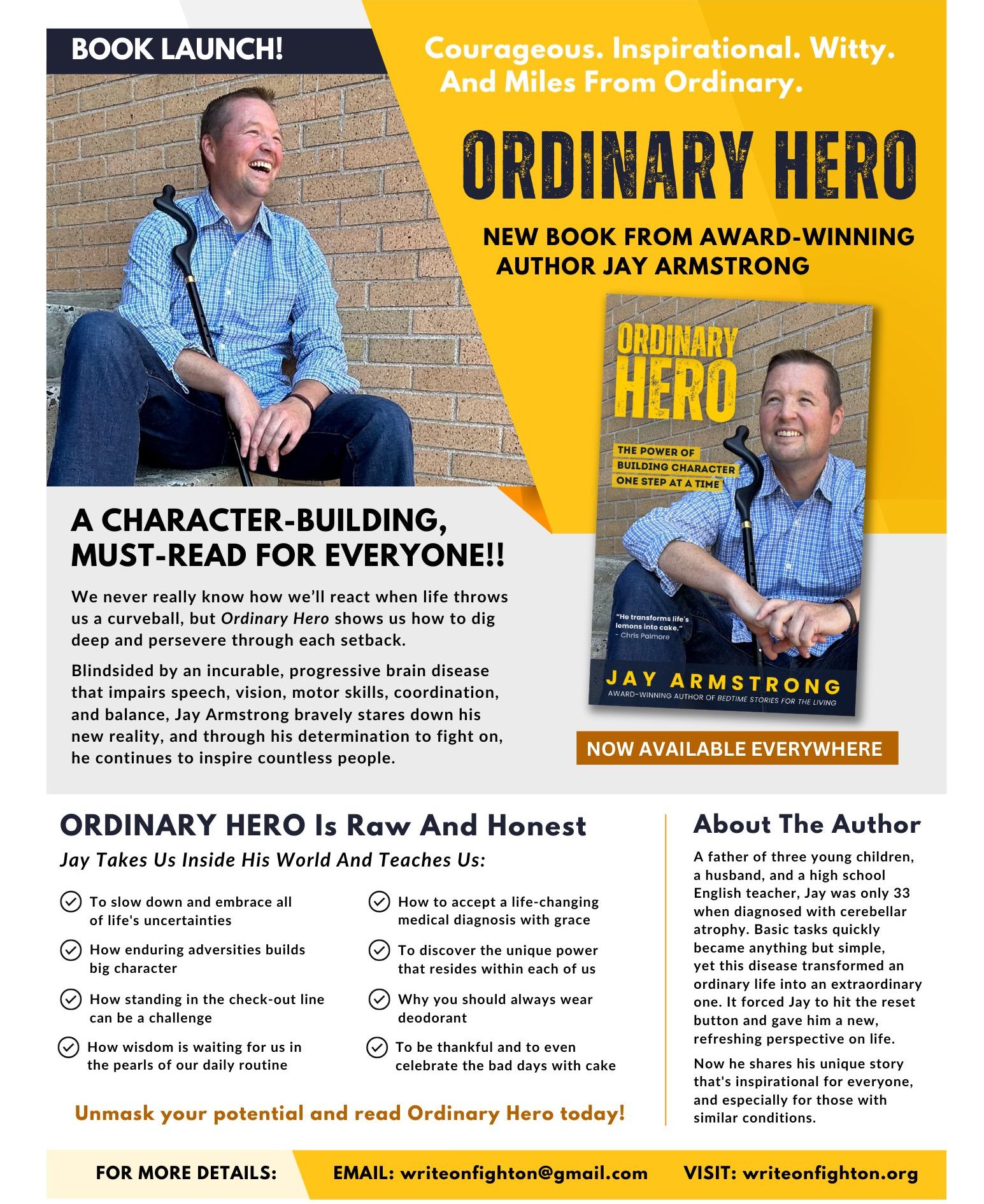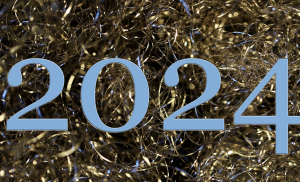What Word Keeps You Up at Night?
It’s late and I can’t sleep again.
My mind tosses and turns while I lay still, staring at the ceiling.
My mental restlessness began with the obvious tumbling thought, “I should be sleeping”.
It blooms like an innocent thought. But innocent thoughts can seed big, complex, even damaging thoughts.
I should…
Start eating healthier again.
Be more patient.
Complain less.
Listen more closely to my wife.
Payoff my credit card.
Answer that email.
Get my haircut.
Care less what people think.
Give my boss a piece of my mind.
Spend less time on my phone.
Go to the dentist.
Make tacos for dinner tomorrow night.
Buy new shoes.
Contact an old friend.
Install new windshield wiper blades on the car.
I should be sleeping.
I should…I should…I should.
Should is dangerous word for me.
Because when I think in shoulds, my focus shifts from what I’ve done, my accomplishments, my successes to what I haven’t done or need to do.
Should punctuates the life I haven’t achieved and I feel unsettled, unsatisfied.
Should causes desire. Desire causes tension. Tension causes unhappiness,
I am happy because I want nothing from anyone. I do not care for money. Decorations, titles or distinctions mean nothing to me. I do not crave praise. The only thing that gives me pleasure, apart from my work, my violin and my sailboat, is the appreciation of my fellow workers. ―Albert Einstein
A few months ago I privately challenged myself to answer as many shoulds as possible. So I…
Wrote more.
Recorded my own podcast.
Started my own business.
Made more time for my children.
Started exercising every morning.
Read books, listened to podcasts and watched movies that were recommended.
No doubt, should motivated me. Should enriched my life. But meeting the demand of should became unsustainable. The shoulds kept coming and I couldn’t keep up.
My unfulfilled shoulds caused desire, tension and unhappiness. And instead of the pride, and despite my determination, I focused on the shoulds and was left feeling unfulfilled.
Yes, should motivates and inspires. And yes, you must push yourself to achieve more. But should is also the killer of confidence. Because should announces you haven’t.
I should write a book.
I should have more money.
I should practice mindfulness.
I should have a nicer car.
I should lose weight.
What can we do?
Now we can’t control what others say or do.
But we can commit to things we’re passionate about instead of appeasing the interests and suggestions of others.
We can examine how we offer unsolicited shoulds to other people.
We can acknowledge the power of should and know that if we’re reckless with should we’re deepening the discontent in the listener.
A listener who will lie in bed at night, unable to sleep, attempting to steady their tumbling mind as they worry about all the things they should do with their life.
Be well,
Jay





